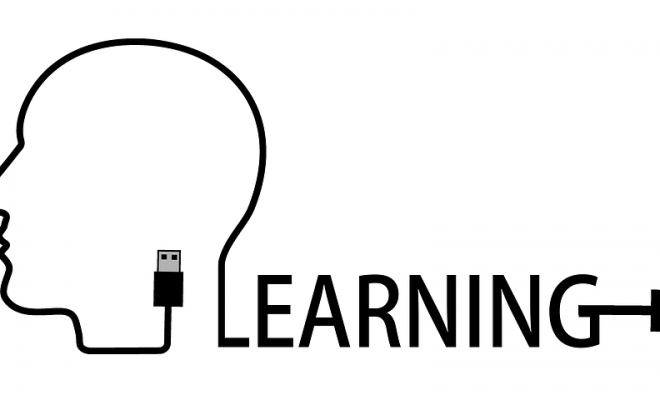How to Adopt Edtech but Avoid the Hype

It might seem impossible to avoid the hype surrounding edtech. After all, the ubiquity of personal electronic devices, combined with new apps, platforms, and tools that promise to completely revolutionize the educational sphere, seem to have unlimited promise.
And yet the history of edtech is such that it would be wise to be cautious: we now have over thirty years of promises that computers were going to revolutionize education, but it simply hasn’t happened. So how can you adopt edtech but avoid the hype?
Data, Data, Data
First, simply do not believe anything that an edtech vendor tells you without verifying it for yourself. You can use a database such as the United States’ ERIC in order to see what legitimate, peer-reviewed research has to say about the claims that are being made. If you can’t find solid data to back up the claims that are being made, walk away.
Educational Psychology to the Rescue
Second, do a pedagogy check. The American Psychological Association has distilled the entire field of educational psychology down to twenty principles that are the most important to know about how it is that students actually learn. Study those principles, and use them as a gauge by which to measure edtech. Because it doesn’t matter how new and exciting the edtech is—it still has to conform to those principles if it is going to improve student learning outcomes.
For example, we know that, in the long run, extrinsic motivation is not as useful as intrinsic motivation. So edtech full of awards and rewards won’t be nearly as powerful as edtech that fosters an intrinsic love of learning. But since stars are easier to put into an app than the kinds of the things that motivate students to love to learn, guess which one ends up being included—despite the fact that we know that intrinsic motivation is more important. Stakeholders can’t simply assume that edtech is based on sound educational principles—they have to check it out for themselves.
The Real World
A third way to avoid the hype is to remember that students will need to be able to survive in the real world as well as in the digital world. Some thinkers are raising the alarm about a “nature deficit,” for example, which is a problem that edtech is likely to exacerbate. So wise decision makers will remember that some things simply can’t be taught by tech.






